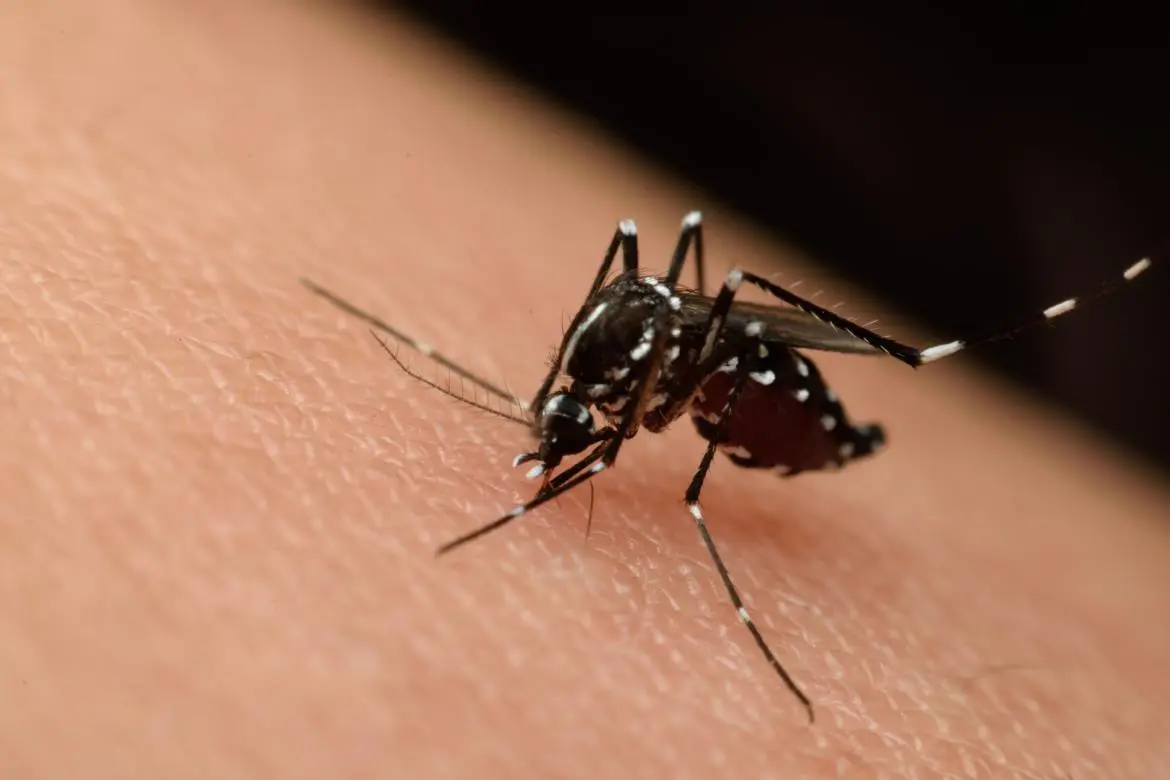Dr Leong Hoe Nam, an infectious disease specialist, and Dr Henry Cheng, an obstetrics and gynaecology (O&G) specialist, discuss the Zika virus — its symptoms, and how it can potentially affect the unborn children of infected expectant mothers.
How does the Zika virus spread?
The Zika virus is transmitted primarily through the bite of an infected Aedes mosquito. It can also be passed from a pregnant woman to her unborn baby.
Apart from this, Zika does not spread through casual contact — so you won’t catch it by shaking hands with someone who is infected.
What are the symptoms of Zika?
Zika symptoms are typically mild and resemble those of other viral infections. In most cases, the illness is harmless.
In fact, up to 80% of people infected with the Zika virus may not show any symptoms at all, which makes it difficult to detect.
When symptoms do occur, they may include fever, body aches, headache, and occasionally, a rash or red eyes.
How does Zika affect the foetus of an expecting mother?
The main concern with Zika infection arises when a pregnant woman is infected. The virus can circulate in her bloodstream, cross the placenta, and reach the developing baby.
Research has shown a strong link between Zika virus infection during pregnancy and microcephaly — a serious birth defect where a baby’s brain and head are smaller than expected. This condition can lead to long-term developmental and neurological problems.
In addition to microcephaly, babies exposed to Zika in the womb may face other complications, such as difficulty swallowing, vision or hearing impairments, seizures, and delayed development. In severe cases, the infection can result in miscarriage, stillbirth, or life-threatening complications after birth.
It’s important to note that not all babies born to Zika-infected mothers will develop health problems. Some issues may not be immediately apparent and can emerge later as the child grows.
To confirm Zika-related complications, doctors may use specialized testing on the placenta or other tissues at the time of delivery to detect the presence of the virus.
How do I know I'm at risk of contracting Zika?
You may be at higher risk of Zika infection if you have recently travelled to, or live in, areas where Zika cases have been reported — whether overseas or locally.
The greatest concern is for pregnant women or those planning to become pregnant. Zika infection during pregnancy can pose serious risks to the unborn baby. If you fall into this group, it's important to take extra precautions to avoid mosquito bites and consult your doctor if you have any concerns.
What can I do to protect myself?
The best way to protect yourself from Zika is to prevent mosquito bites and eliminate mosquito breeding around your home.
Use mosquito repellent containing DEET, which is scientifically proven to be one of the most effective ways to repel mosquitoes. Apply it to all exposed skin — including your hands, feet, neck, and ears — as well as on your clothing and footwear. Stay cool, as mosquitoes are more attracted to warmer body temperatures. Use mosquito patches or insecticide-treated clothing for added protection.
At home
Eliminate standing water in places like flower pot trays, vases, and containers, which can serve as breeding grounds for mosquitoes. You may also choose to install wire mesh screens on windows and doors to prevent mosquitoes from entering your home. Follow similar preventive measures used for dengue control.
Currently, there is no vaccine or specific treatment for Zika. Prevention remains the best protection.
What should a pregnant woman do if she suspects that she has the virus?
If a pregnant woman develops symptoms that could indicate a Zika virus infection — such as fever, rash, red eyes, or body aches — she should seek medical attention right away. It's important to consult an O&G specialist for further evaluation, testing, and appropriate care.
For more information on the Zika virus, watch our videos featuring Dr Leong and Dr Cheng below:
7 Questions on Everything about Zika
All about the Zika virus (part 1): What is it and how it affects us
All about the Zika virus (part 2): How can we protect ourselves
How the Zika virus affects Women and what Precautions Women can take (Subtitled)













